OU News
News from The Open University
- Home
- Category: Science, maths, computing and technology
Category: Science, maths, computing and technology

Want a career in engineering? Here’s 10 top tips for you
With 5,000 engineering students at the OU, and a third of these studying to change careers, here’s some advice on gaining experience in the sector from careers adviser Catrin Davies. Take a look at sites like Gradcracker, TargetJobs and the OU’s own JobZone to see if there’s any work placements that might work for you. 2. […]
Read more about Want a career in engineering? Here’s 10 top tips for you
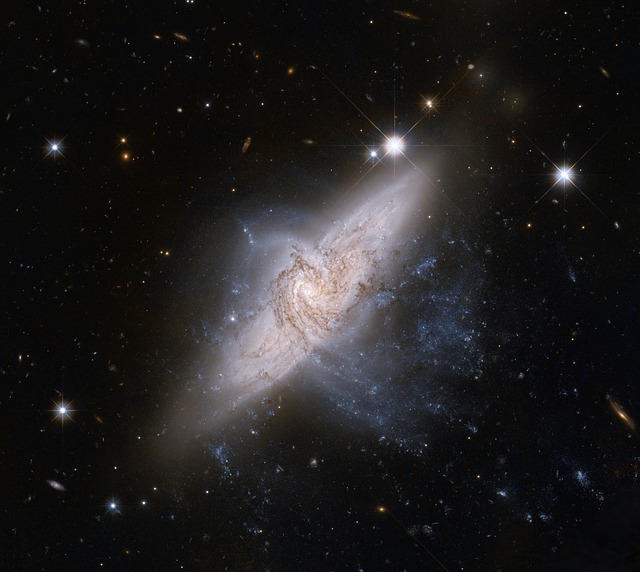
OU shortlisted for two awards for its contribution to international space science
This week, academics from the Faculty of STEM are celebrating Space Science at the OU by supporting the UK Space Conference 2017. In addition, they are eagerly awaiting the Centenary Sir Arthur Clarke Awards Ceremony, for which the OU has been shortlisted for two categories. Space Achievement – Academic Study/Research The Centre for Electronic Imaging […]
Read more about OU shortlisted for two awards for its contribution to international space science

Could an App replace a trip to the Doctor?
With news of a healthcare smartphone app which could diagnose medical conditions and aid GP services, expert in digital healthcare Professor Shailey Minocha weighs up the pros and cons of technology becoming an integrated part of our wellbeing: Q. Can we trust our data with Apps such as this? “The app and underlying systems will […]

OU brings ‘Internet of Everything’ to everyone with free online course
There has been considerable interest in the Internet of Things (IoT) recently, and whether connecting data, people, processes, and things is beneficial or a risk to data protection. Either way, the IoT is here to stay and our society needs to develop the skills to process the vast amounts of data being generated. The OU […]
Read more about OU brings ‘Internet of Everything’ to everyone with free online course
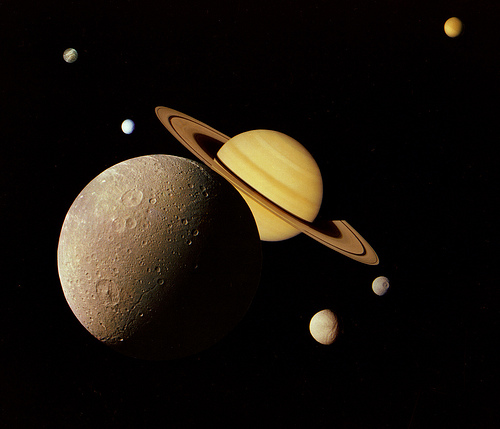
Saturn moon Enceladus is able to host life – it’s time for a new mission
Ever since studies started suggesting that chemical reactions between water and rock on Saturn’s moon Enceladus could provide enough energy in the water to feed microbial life, scientists have been searching for proof that the right sort of reactions really do occur. And during its last dive through the icy plumes that Enceladus erupts into […]
Read more about Saturn moon Enceladus is able to host life – it’s time for a new mission
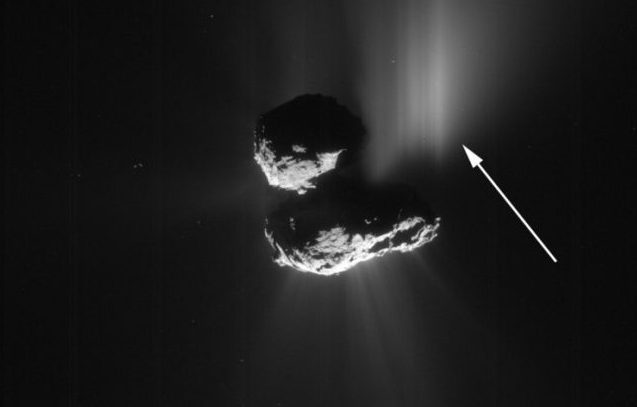
Crumbling comet? The great debate about whether Rosetta rock 67P is breaking apart
It is almost six months since the Rosetta spacecraft completed its operations in a controlled dive onto the surface of comet 67P/Churyumov-Gerasimanko. The landing, after which Rosetta could no longer communicate with Earth, may have marked the end of data collection from the comet – but not the end of news about 67P. The archive […]
Read more about Crumbling comet? The great debate about whether Rosetta rock 67P is breaking apart
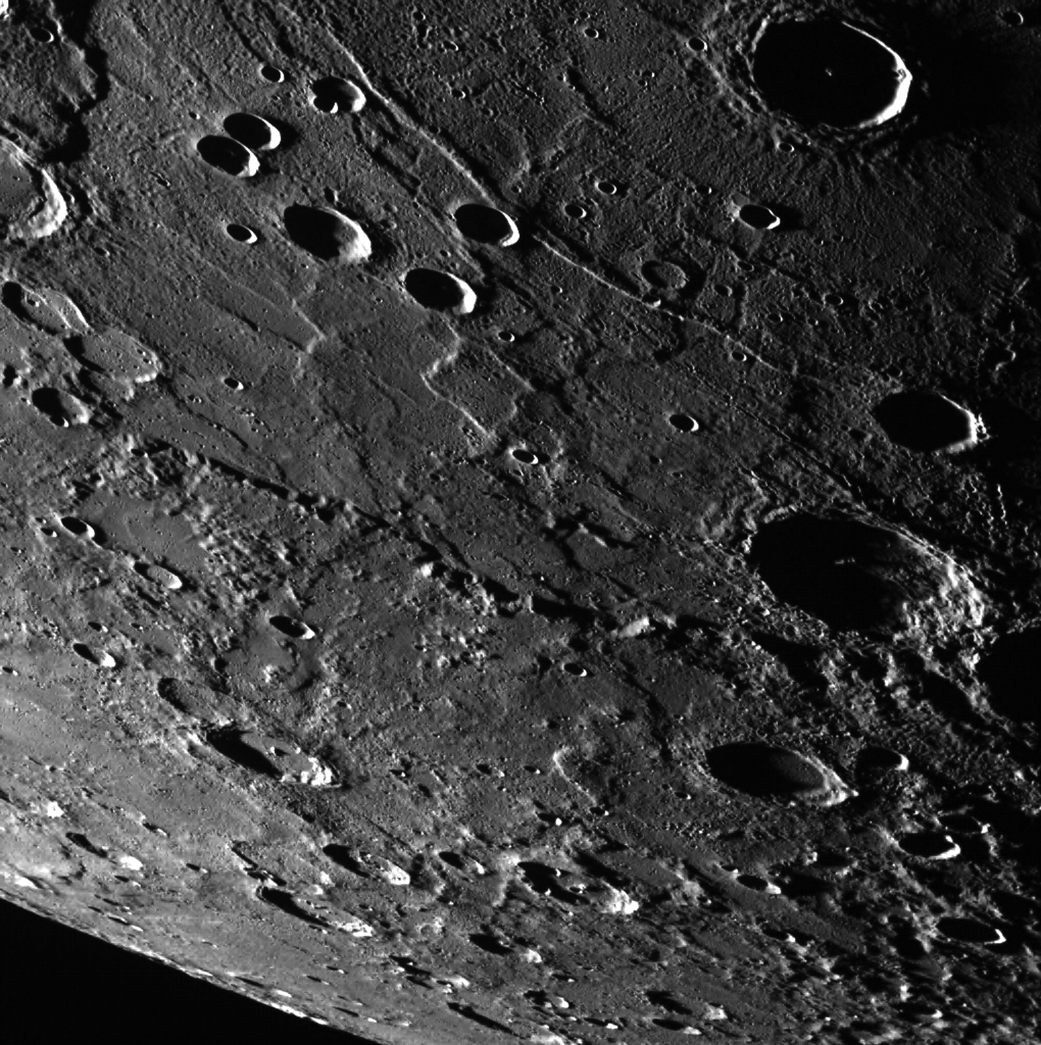
OU PhD student names a crater on Mercury after Irish poet
OU PhD student, Jack Wright has been given the honour of naming a 120km diameter crater on Mercury which he identified through his mapping of a section of the planet. Named ‘Heaney’ after the late Irish poet, author and Nobel Prize winner for literature, Seamus Heaney, the official announcement was made today (21 March) by […]
Read more about OU PhD student names a crater on Mercury after Irish poet

OU students invited to represent young scientists across the UK at Parliament
Three PhD students from the Faculty of STEM have been invited to participate in a Science Question Time with Members of the House of Commons Science and Technology Select Committee. Voice of the Future 2017, which is being hosted by the Royal Society of Biology on behalf of the science and engineering community, will provide young […]
Read more about OU students invited to represent young scientists across the UK at Parliament

OU awarded funding to make education more inclusive
The OU has been awarded funding of £480,000 by the Higher Education Funding Council in England (HEFCE) to address barriers to student success. Led by the OU in collaboration with the University of Leeds and Plymouth University, the two-year project, Embedding and sustaining inclusive STEM practices, aims to share and promote inclusive educational practices in […]
Read more about OU awarded funding to make education more inclusive
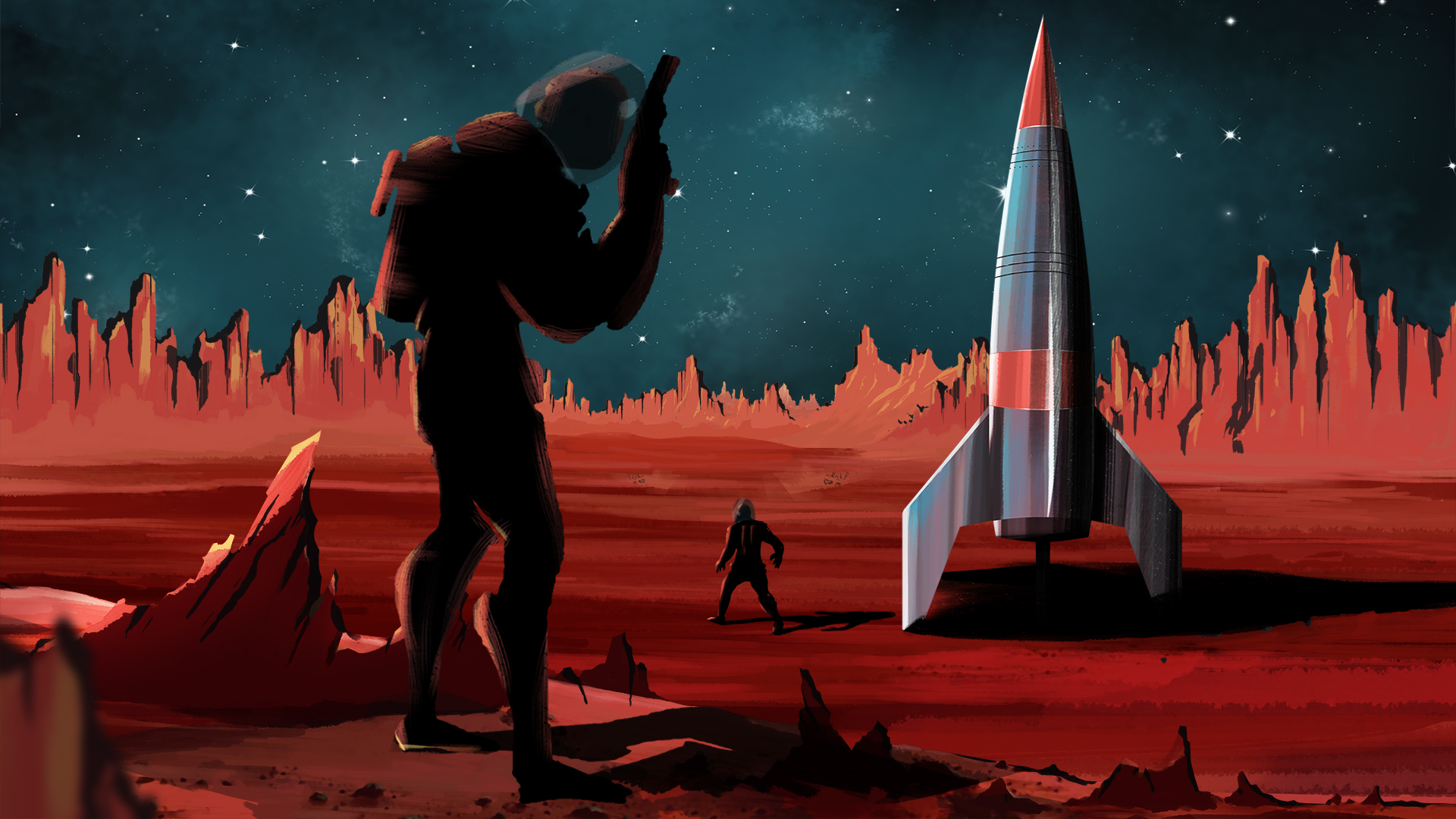
OU academic hunts for Martians with BBC Radio 4
As part of a special week of Mars programmes on BBC Radio 4, Professor of Planetary and Space Sciences, Monica Grady, presents a 30 minute special programme about the search for life on the Red Planet on Monday 6 March 2017, 21:00. In Hunting the Martians, Professor Grady explores the balance of evidence for Mars […]
Read more about OU academic hunts for Martians with BBC Radio 4
Page 50 of 59